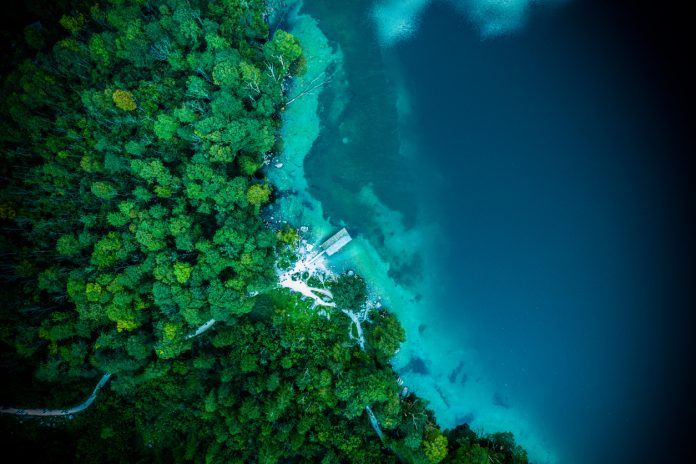Researchers reveal new insights into how marine communities responded to extreme global warming events millions of years ago and how that informs our research today
The research teams from the University of Bristol, Harvard University, the University of Texas Institute for Geophysics, and the University of Victoria look at the potential impact of current and future climate change on marine ecosystems.
Past climate events
The research focused on the Early Eocene Climatic Optimum, a period about 66 million years ago known for its exceptionally high global temperatures, similar to the most severe global warming scenarios predicted today.
During this time, marine organisms, particularly plankton, faced unusual heat stress. The findings suggest that most marine communities, except for highly specialised species, migrated towards cooler regions to escape the tropical heat.
Dr Adam Woodhouse from the University of Bristol’s School of Earth Sciences, who led the study, explained the significance of these discoveries: “We knew that biodiversity amongst marine plankton groups has changed throughout the last 66 million years, but no one had ever explored it on a global, spatial, scale through the lens of a single database.”
Using the past to predict the future
The team used the Triton dataset developed by Dr. Woodhouse during his PhD to analyse global biodiversity changes over millions of years. By applying innovative network analysis techniques to micropalaeontology, they reconstructed global spatial changes in marine community structures across the Cenozoic era.
“The fossil record of marine plankton is the most complete and extensive archive of ancient biological changes available to science,” noted Dr. Woodhouse. “By applying advanced computational analyses to this archive we were able to detail the global community structure of the oceans since the death of the dinosaurs, revealing that community change often precedes the extinction of organisms.”
This study will hold importance for modern marine ecosystems; it is important to continue monitoring and researching. By using the new data, it will be easier to predict the impacts of climate change on marine biodiversity.
By expanding the research to other marine groups and incorporating new models, the team aims to use historical patterns to predict future changes in marine community structures under different warming scenarios.
Understanding how marine communities responded to ancient climate extremes provides insights into the resilience and vulnerability of modern ecosystems.











